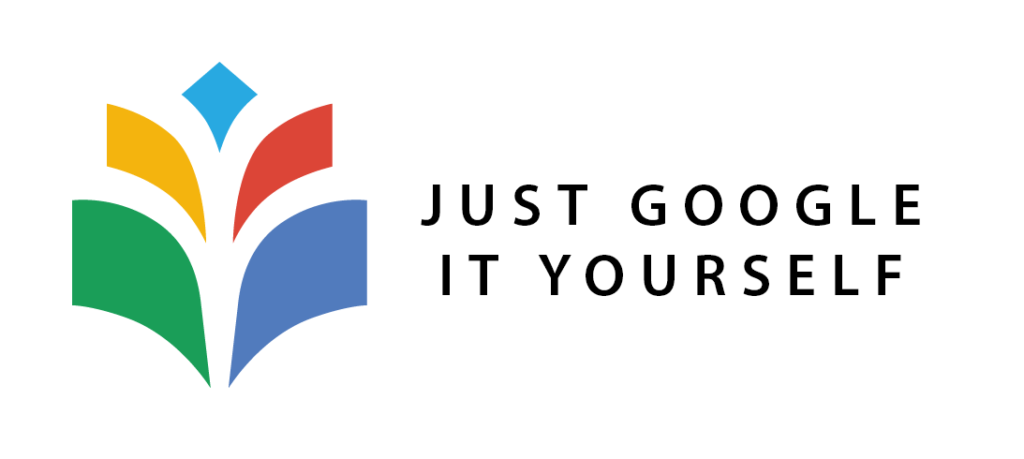[I have cross-posted this blog on my Substack. You can follow my newsletter and Substack publications HERE]
The Web is omnipresent in our lives. The magic of near-infinite data within the palm of our hand could be scarcely plausible for many people because the daybreak of historical past. Entry to such data is a boon, however it could show problematic in terms of studying.
Entry to the Web makes us smarter, proper? We will ‘simply Google it’.
However what if entry to the Web impaired our reminiscence and stopped us pondering onerous?
Analysis on ‘‘Google Results on Reminiscence: Cognitive Penalties of Having Data at Our Fingertips’ (2011) revealed that when individuals count on to have future entry to Google that they’ve decrease charges of recall for the data. As a substitute, our mind enhances recall for the place to entry the data. It’s a refined change of psychological emphasis. For grownup consultants, this savvy use of reminiscence could also be useful, however for novice college students studying new data it could show an issue.
The researchers argue that this ‘psychological outsourcing’ generally is a menace to studying. For college students within the classroom, we’d like them to allocate consideration and psychological effort to the fabric we’re instructing them, be it photosynthesis in science or pathetic fallacy in English literature.
Does looking out the Web stunt strategic, hard-thinking?
A reliance on the Web for info can create a behavior or reliance on the useful resource. In a examine on ‘utilizing the Web to entry info’, researchers discovered that members who used Google to reply troublesome trivia questions have been extra like to make use of it for a brand new set of comparatively simple trivia questions. Thus far, so unsurprising. For college students, the implications for pondering onerous over homework content material, or downside fixing with entry to their telephones, is clear.
Ample proof from cognitive science has proven that college students have to assume onerous about what they study to have an opportunity at understanding complicated materials. It could be effortful retrieval apply, reminiscent of attempting to recall that definition of photosynthesis, or it might be the tough process to self-test on that matter. Alternatively, it might be to elucidate aloud the that means of pathetic fallacy and its that means in Macbeth, as a substitute of Googling some on-line evaluation to pop into an essay.
With quick access to the Web, it can lead to simple pondering, however this will likely end in fragile studying.
In a latest US experiment, researchers explored the impression of Web looking out. Entitled, ‘Data with out data: the results of Web search on studying’, the researchers discovered the problematic presence of overconfidence that attended
Web searches:
“Throughout 5 experiments, members studied for a quiz both by looking out on-line to entry related info or by instantly receiving that very same info with out on-line search. Those that searched the Web carried out worse within the studying evaluation, indicating that they saved much less new data in inside reminiscence. Nonetheless, members who searched the Web have been as assured, or much more assured, that they’d mastered the examine materials in comparison with those that didn’t search on-line.”
We will speculate in regards to the impression on novice college students in lecture rooms. We will all recall that second the place we reached for our telephones to discover a truth we couldn’t fairly keep in mind. In lots of circumstances, this entry to a wealth of information can save psychological power to do extra necessary, however we are able to additionally recognise it may compromise sturdy studying too.
Implications for ‘Simply Google It’ within the classroom
Not all info on the Web is created equally. Each trainer recognises the problems of ‘pretend information’ or flawed web sites purporting to be factually correct. If the convenience of the Web search promotes over-confidence, does reducing our essential schools – stopping extra strategic, cautious studying – add one other concern to the ‘simply Google it’ problematic rap sheet?
Inside a few clicks, a novice pupil might be confronted with deeply problematic content material however with out sufficient data to interpret it adequately. College students could make one fast Google seek for Henry VIII, for his or her historical past homework, however find yourself studying the newest ‘information’ on a Every day Mail commentator berating the Nationwide Belief for a supposedly ‘woke’ depiction of the notorious king. A subsequent associated search of ‘Woke King’ on YouTube would then take college students onto vile criticisms of Martin Luther King!
What are the implications for academics and college students? We’d like not isolate all know-how from studying, however we should always retain a word of warning. Outsourcing our efforts to the Web can inhibit constructing these wealthy networks of information so needed to high school success.
Unfettered entry to Google could also be a near-unimaginable boon to our ancestors – and it’s useful for us too – however we should always take care to not assume Googling it is going to result in understanding and studying it.
Our message to college students? You possibly can generally ‘simply Google it’, however actually don’t depend on it.
[Pop this one in your bookmarks for later – who needs recall, right?]
Picture by way of Inventive Commons attribution: https://commons.wikimedia.org/wiki/File:UEF_eng_vaaka_1_white.png

